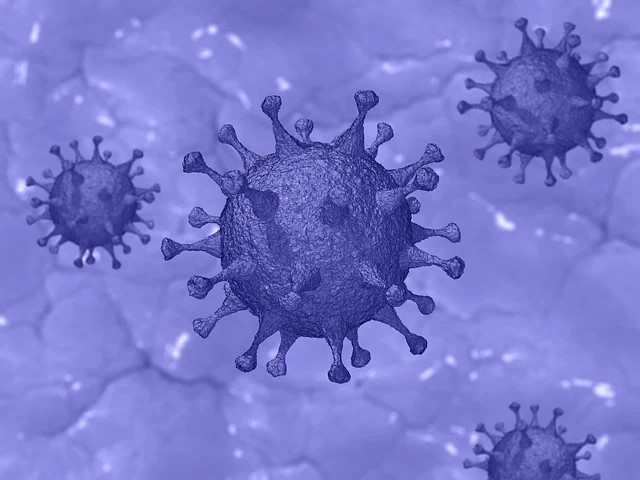
Reduced Severity of COVID-19 in Fully Vaccinated Individuals: Comparative Analysis
COVID-19 is less severe in fully vaccinated individuals, with lower rates of mechanical ventilation and death observed among vaccinated compared to unvaccinated individuals, underscoring the protective efficacy of vaccination against severe disease outcomes in coronavirus infection.
September 2022

Human Challenge Study with SARS-CoV-2: Exploring Infection Dynamics
The first human challenge study with SARS-CoV-2 investigates the effects of viral infection in volunteers, providing valuable insights into the pathophysiology, immune response, and clinical manifestations of COVID-19, and facilitating the development of novel therapeutics and vaccines.
September 2022

Hyperimmune Serum in Hospitalized COVID-19 Patients: Clinical Trial Outcomes
Hyperimmune serum therapy does not improve clinical outcomes in hospitalized COVID-19 patients, as demonstrated by a NIH trial comparing HIVIG plus remdesivir to remdesivir alone, highlighting the need for effective antiviral therapies in the management of severe COVID-19.
September 2022
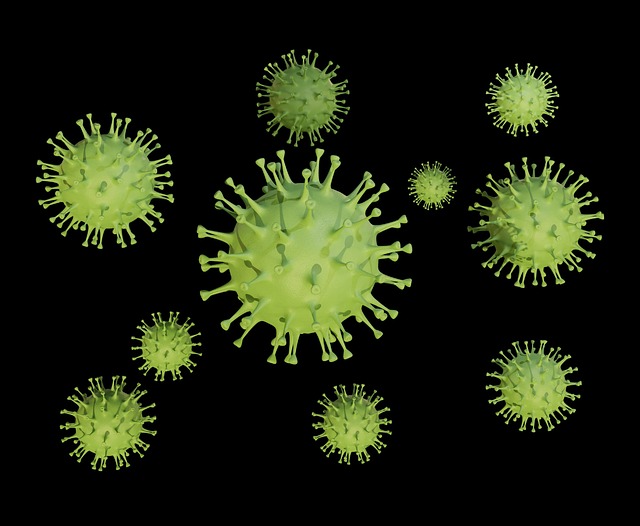
Urgent Call for Global Vaccine Action against COVID-19: Addressing Misinformation
Global efforts to combat COVID-19 must prioritize vaccine distribution and address misinformation to ensure equitable access to vaccines and control the spread of the virus, emphasizing the critical role of international cooperation and public health advocacy.
September 2022

Hepatitis C: Clinical Overview of Acute and Chronic Manifestations
Hepatitis C virus infection presents as an acute illness in almost a third of patients, with symptoms such as fatigue, arthralgia, and jaundice, highlighting the diverse clinical manifestations and potential complications of acute and chronic hepatitis C infection.
September 2022
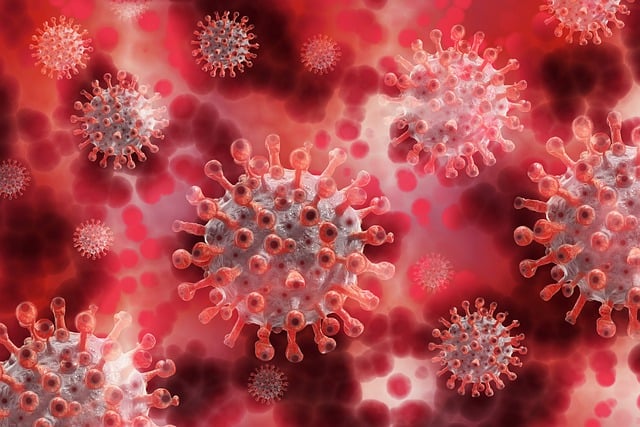
Oral Molnupiravir for COVID-19 Treatment: Hospitalization and Mortality Reduction
Molnupiravir reduces the risk of hospitalization or death in adults with COVID-19, offering a promising oral treatment option to mitigate disease severity and prevent adverse outcomes in infected individuals.
September 2022
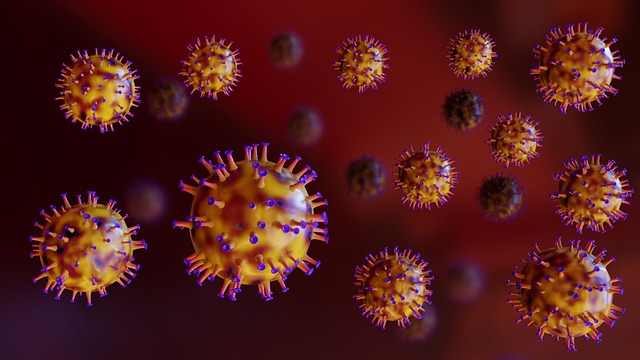
Investigation of IHU Variant of COVID-19 in France: Emerging Viral Strain
French scientists are investigating a new coronavirus variant with 46 mutations, termed the IHU variant, which has emerged in the Marseille region and is associated with travel to Cameroon, raising concerns about potential implications for transmissibility and disease severity.
September 2022

Epstein-Barr Virus Associated with Multiple Sclerosis: Immunological Insights
Epstein-Barr virus infection is associated with multiple sclerosis, a progressive autoimmune disease characterized by central nervous system demyelination, highlighting the complex interplay between viral infections and immune dysregulation in the pathogenesis of MS.
September 2022
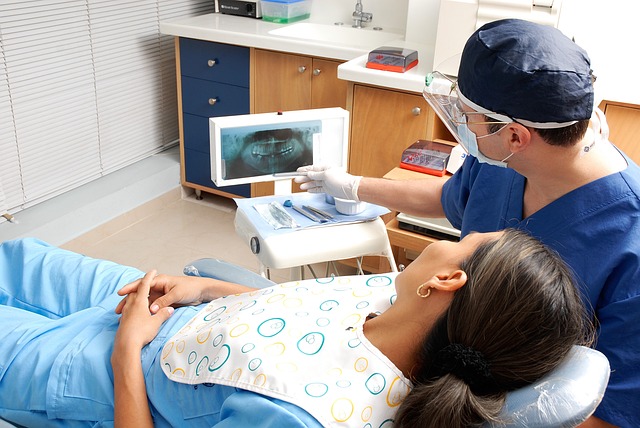
Dental Caries as a Non-Communicable Disease: Pathophysiological Insights
Advances in understanding the human and oral microbiome have led to recognition of dental caries as a non-communicable disease, emphasizing the importance of balancing protective and pathological risk factors in maintaining oral health and preventing dental caries.
September 2022
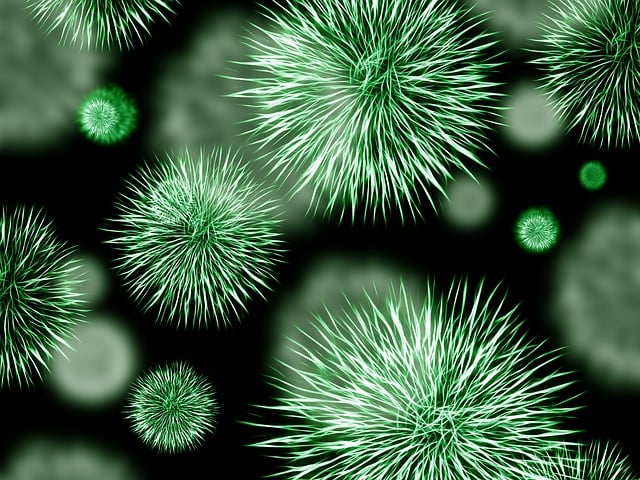
Omicron Variant: WHO Deems it Dangerous Amid Preparations for Living with COVID-19
The WHO continues to view the Omicron variant as dangerous, while some countries like Switzerland, Spain, and the United Kingdom are preparing to transition to living with the virus, anticipating a shift from pandemic to endemic status.
August 2022















